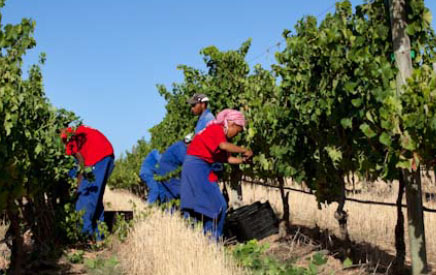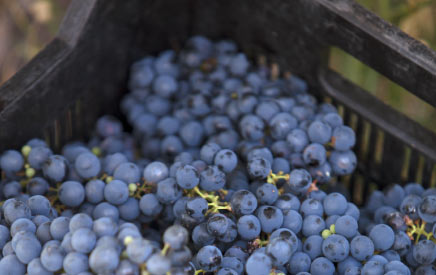OUR SOCIAL RESPONSIBILITY
Mulderbosch Vineyards are committed to a solid set of practices and policies that ensures the conservation of indigenous land and responsible farming and winemaking methods set forth by the Integrated Production of Wine (IPW), a voluntary environmental sustainability scheme.
We consistently strive to preserve and conserve our vineyards and surrounding lands and manage our vineyards in a considered, pragmatic approach limiting the use of herbicides, fungicides and pesticides. The long-term committed relationships with our growers allow us to source grapes from vineyards that are managed in the same responsible ways.
Our belief in the importance of soil health has led to intensive cover-cropping in order to preserve and increase topsoil condition, and the implementation of an intensive composting program whereby our entire grape production is composted and returned to the soil.
All our winery waste water is treated on site in a state-of the art bio-reactor after which it is discharged into our natural wetland and further filtered by indigenous reed beds.
We actively participate in Arbor Week each year and in 2018 committed to plant 1000 new trees on the Mulderbosch property. The majority of the trees will be planted on a piece of land in front of our Tasting Destination. In time, this will reward visitors with an indigenous forest and the associated wildlife it will attract.
Our environmental objective is to connect our vineyards and our community with customers by creating an authentically made, socially responsible range of wines.
In line with our commitment to principles of ESG (ethical, social and governance), we have achieved the following certifications:
Integrated Production of Wine (IPW)
Providing supply chain traceability from soil to bottle. Open to public scrutiny, it underscores our focus on production integrity and commitment to eco-sustainability. All our suppliers are contractually obliged to be IPW-accredited too. (For more go to www.ipw.co.za)
Wine and Agricultural Ethical Trade Association (WIETA)
Our accreditation demonstrates not only our own compliance with ethical and fair labour conditions. Our contracts with all suppliers also stipulate WIETA compliance. WIETA subscribes to universally accepted auditing standards. (For more go to www.wieta.org)
amfori BSCI
Operating across over 40 countries, amfori BSCI advocates for trade with purpose and is closely aligned with the United Nations Sustainable Development Goals (SDGs). Its Code of Conduct, with which we comply, is created to enable organisations to enhance human prosperity, use natural resources responsibly and drive open trade globally. The code is based on and refers to:
- United Nations (UN) Universal Declaration of Human Rights
- International Labour Organization (ILO) Conventions and Recommendations
- UN Guiding Principles on Business and Human Rights (UNGP)
- OECD Guidelines for Multinational Enterprises
- UN Children’s Rights and Business Principles
- Gender Dimensions of the UN Guiding Principles on Business and Human Rights.
For more, go to www.amafori.org

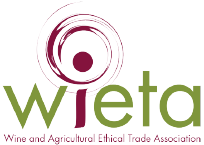

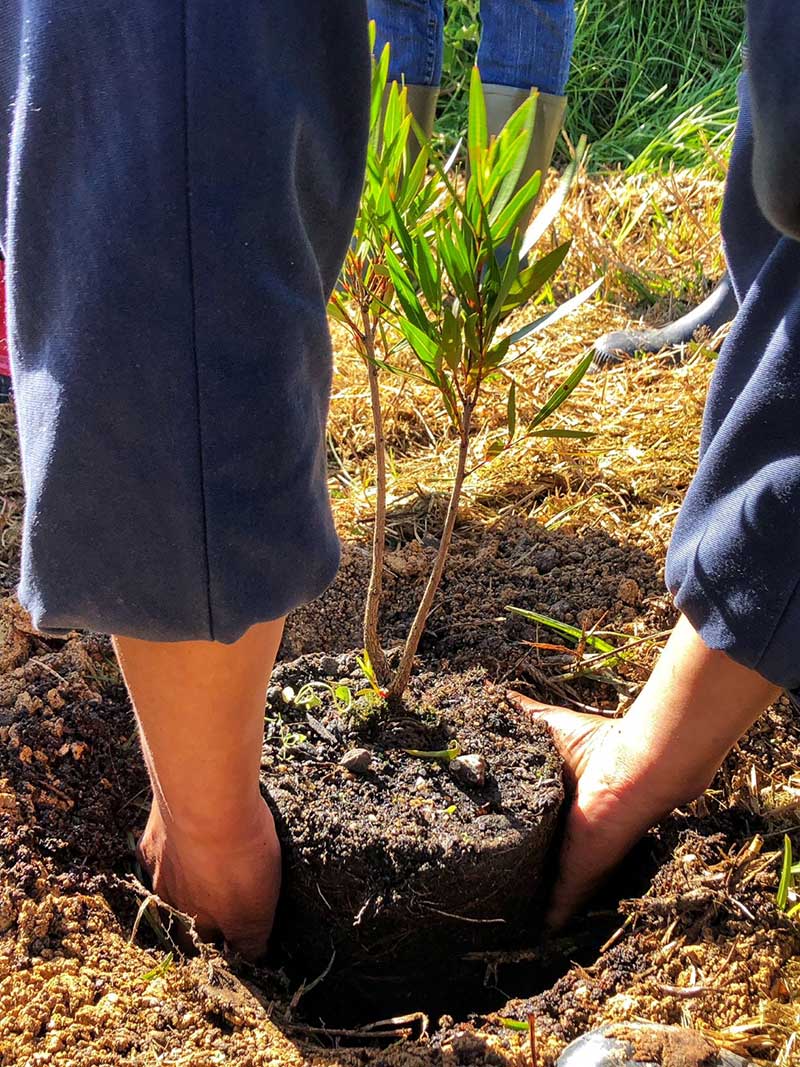

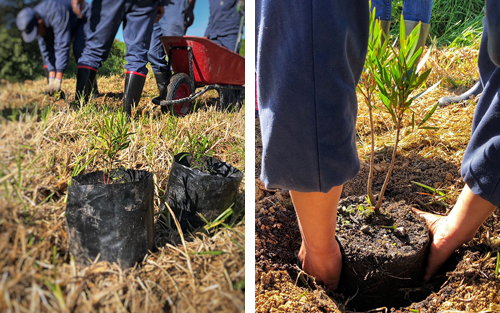
COMMUNITY
In line with our commitment to principles of ESG (ethical, social and governance), we have achieved the following certifications:
Integrated Production of Wine (IPW)
Providing supply chain traceability from soil to bottle. Open to public scrutiny, it underscores our focus on production integrity and commitment to eco-sustainability. All our suppliers are contractually obliged to be IPW-accredited too. (For more go to www.ipw.co.za)
Wine and Agricultural Ethical Trade Association (WIETA)
Our accreditation demonstrates not only our own compliance with ethical and fair labour conditions. Our contracts with all suppliers also stipulate WIETA compliance. WIETA subscribes to universally accepted auditing standards. (For more go to www.wieta.org)
amfori BSCI
Operating across over 40 countries, amfori BSCI advocates for trade with purpose and is closely aligned with the United Nations Sustainable Development Goals (SDGs). Its Code of Conduct, with which we comply, is created to enable organisations to enhance human prosperity, use natural resources responsibly and drive open trade globally. The code is based on and refers to:
- United Nations (UN) Universal Declaration of Human Rights
- International Labour Organization (ILO) Conventions and Recommendations
- UN Guiding Principles on Business and Human Rights (UNGP)
- OECD Guidelines for Multinational Enterprises
- UN Children’s Rights and Business Principles
- Gender Dimensions of the UN Guiding Principles on Business and Human Rights.
For more, go to www.amafori.org

